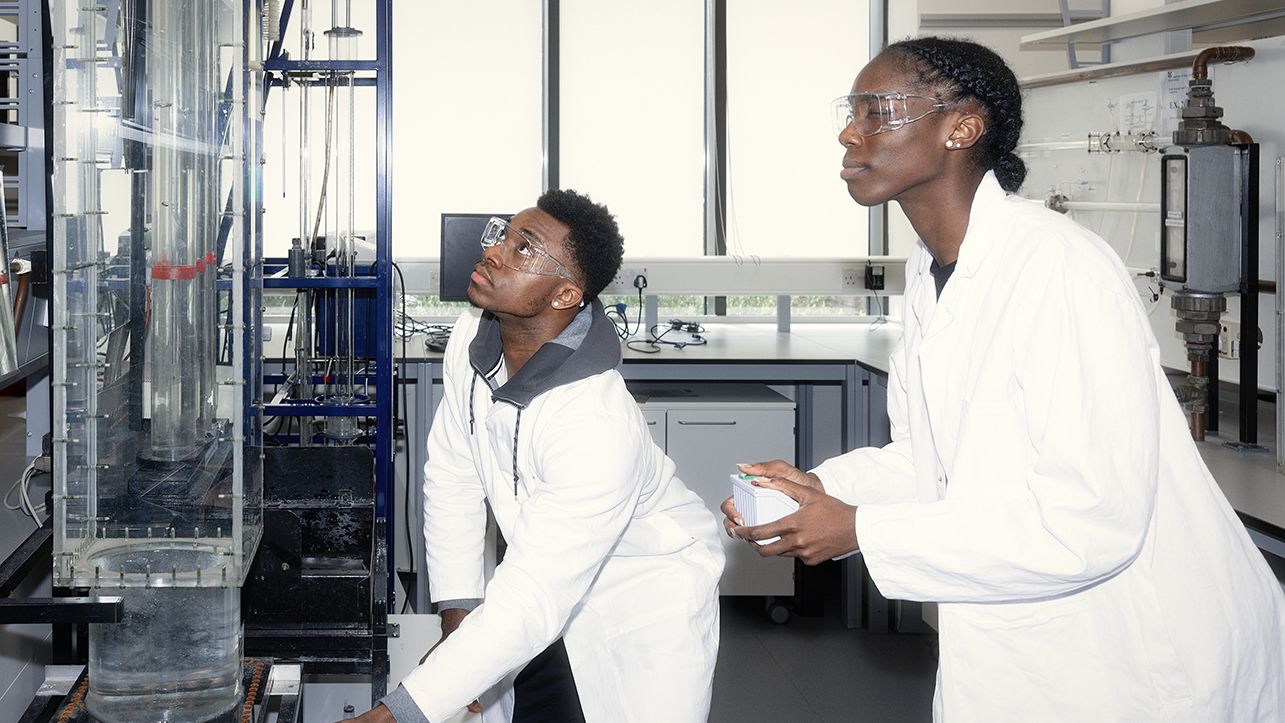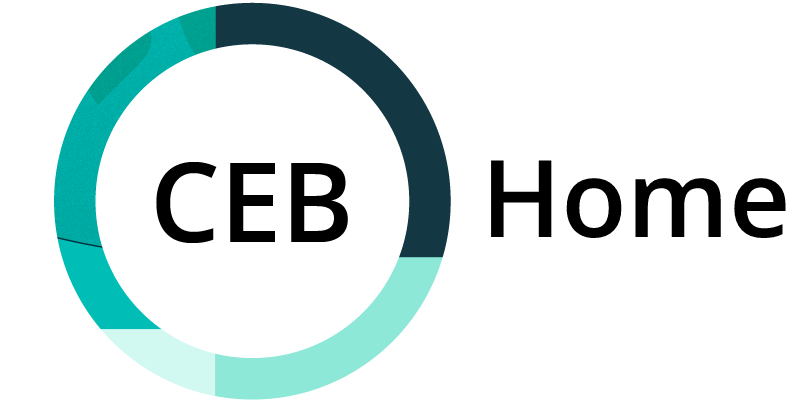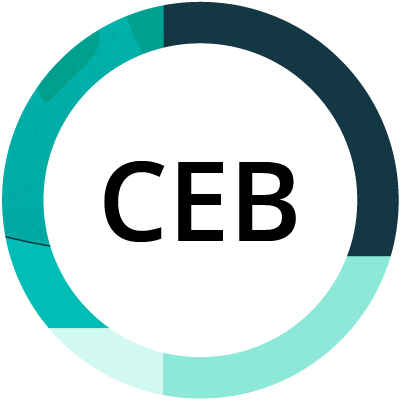Undergraduate study
BA/MEng in Chemical Engineering and Biotechnology

Our undergraduate course will teach you the scientific principles that underpin chemical engineering and biotechnology, and their application to real-world systems. The course has a new structure, with the first entrants starting in October 2023. The course deliberately aims to integrate chemical engineering and biotechnology together, rather than these being viewed as separate topics.
As a graduate of the course, your future career could involve:
- Creating chemical and biological processes to transform molecules into valuable products.
- Designing chemical and biological products for the benefit of society.
- Using new technologies to facilitate the energy transition away from fossil fuels and to mitigate the effects of climate change.
- Provision of improved healthcare and therapeutics.
- Using systems thinking to improve sustainability of processes and products.
The focus on fundamental principles and the variety of transferable skills you will acquire means there are plenty of career opportunities outside the chemical and biotechnology industries, as well as within them.
Entry requirements
Typical offers require
A Level: A*A*A
IB: 41-42 points, with 776 at Higher Level
Other qualifications: See Entrance requirements on the central University of Cambridge admissions website.
Subject requirements
All Colleges require: A Level/IB Higher Level Mathematics* , Chemistry and a third science/mathematics subject.
See Entrance requirements and Choosing your post-16 subjects for additional guidance and conditions of entry.
* IB applicants are expected to take IB Higher Level 'Analysis and Approaches' for this course. If this option is not available at your school, please contact the College you wish to apply at for further advice and guidance.
About the course
Disclaimer: Some details of the syllabus are provisional and may change. It is expected that the topics listed will be covered in the course, but not necessarily exactly at the time stated below.
The Chemical Engineering and Biotechnology BA/MEng will give you the skills that meet the needs of today’s process and biotechnology industries. The course teaches chemical engineering and biotechnology together, in an integrated fashion.
The course begins by building a broad base of scientific knowledge, moves on to the core principles behind chemical engineering and biotechnology, and then looks at modern applications in these areas. You’ll also complete a major design project in the second half of your third year.
You can graduate with a BA degree after year 3, however, most students stay on for year 4 which leads to a BA and MEng degree.
Year 4 contains a range of options and a substantial research project as well as some compulsory material.
In a typical week, you'll:
- attend 10 lectures
- have 2-3 supervisions – these provide teaching, usually in groups of 2 or 3, to clarify lecture material and review homework
- complete approximately 2 practical classes
- work on projects and coursework
Assessment is by a combination of coursework and written examinations. Progression from one year to the next is dependent on satisfactory performance.
First year (Part IA)
You’ll be taught mainly fundamental principles. This knowledge is a necessary building block to applications in chemical engineering and biotechnology in the following years. You’ll also be introduced to concepts in product design and mechanical design.
In your first year, you'll study modules covering these topics:
- Fundamental scientific topics such as cell biology, materials science and engineering principles.
- Introductory chemical engineering and biotechnology principles such as sustainability, process calculations, fluid mechanics, and chemical and biochemical product design.
- Chemistry from Part IA of the Natural Sciences Tripos.
- Mathematics from Part IA of the Natural Sciences Tripos.
You will also undertake an engineering design and manufacturing workshop and complete the chemistry practical laboratory class of Part IA of the Natural Sciences Tripos.
Second year (Part IB)
You’ll be taught the principles behind chemical engineering and biotechnology, building on the previous year, and be introduced to some applications.
In your second year, you'll study modules covering these topics:
- Fundamental principles such as biotechnology, process thermodynamics, fluid mechanics and heat and mass transfer.
- Introductory applications such as reaction engineering, separations and solids processing.
- Supporting topics such as engineering maths, data science, and safety principles.
You also take laboratory classes in chemical engineering and biotechnology, undertake assessed exercises, and have classes in computing skills including process simulation.
Third year (Part II)
In the first term, you study further applications such as biotechnology applications, equilibrium thermodynamics, reaction engineering, separation technology and process dynamics and control.
In the second and third terms, you study process design and undertake a design project. This involves working in a team to design a plant making a particular chemical or biological product. You consider all aspects of engineering design including specification of equipment, control procedures, safety, environmental impact and economic assessment.
You can graduate with a BA degree after year 3 because you will have covered core chemical engineering and biotechnology – however, most students stay on for year 4 if they have performed to sufficient standard.
Fourth year (Part III)
You’ll study some compulsory topics; these are currently energy technology, sustainability and advanced design.
You’ll study research skills such as data acquisition and data analysis and undertake a substantial research project. This might involve experimental, theoretical and/or computational work. Some projects support ongoing Department research, while others are ‘blue sky’ investigations leading to new research programmes.
You choose further topics from a list of optional papers, which change every year to reflect the research interests of academic staff. Past examples include pharmaceutical engineering, adsorption and nanoporous materials, fluid mechanics and the environment, interface engineering, optical microscopy, biophysics, bionanotechnology, biosensors and bioelectronics, and healthcare biotechnology.
Successful students graduate with both BA and MEng degrees at the end of year 4.
Accreditation
The course is accredited by the Institution of Chemical Engineers (IChemE) at both bachelors and master's level. After completing the MEng degree, once you have several years of relevant work experience, you can apply for the Chartered Engineer (CEng) qualification without taking any more academic exams. Accreditation is subject to satisfactory performance in essential components.
Industrial experience
Industrial experience is not an essential part of our course, but it is actively encouraged. Most undergraduates who want to are able to get a vacation placement in a relevant industry in the summer between years 3 and 4. Such positions are facilitated by members of the department. A smaller, but still significant, number of students were successful in getting vacation placements in industry in earlier years.
We do not offer sandwich degrees in which a student spends a year in industry in the middle of the degree course.
Makerspace
Undergraduate students have access to our well-equipped Makerspace. The Makerspace is a facility with 3D printers and other mechanical and electronic equipment to allow you to develop your creativity, problem-solving and practical skills.
For more information visit our Makerspace page.
How to apply
There is a more in-depth guide to applying to study at Cambridge on the University’s undergraduate study website. Please check all deadlines on the central University admissions pages. We have given typical deadlines below, but these may vary depending on the specifics of your application.
To apply for this course, you'll need to:
- Register for the ESAT admissions test (see below) – standard deadline is expected to be 16 September.
- Submit your application to UCAS – standard deadline 15 October.
- Take the ESAT admissions test on 15 or 16 October
- Submit an online form called My Cambridge Application that will be sent to you after your UCAS application is received – standard deadline 22 October.
Your UCAS Application
Your UCAS application will include a personal statement. This statement is read by all the universities in the UK to which you are applying, so there is no need to tailor it specifically to our course (which may well have a different structure to others). You can put information on why the Cambridge course particularly appeals to you in the separate My Cambridge Application form.
Admissions test
You'll need to take the Engineering and Sciences Admissions Test (ESAT) as part of your application to study Chemical Engineering and Biotechnology.
The admissions test takes place at a local Pearson VUE test centre on the 15th or 16th of October. There is a fee for taking the ESAT, though bursary vouchers are available for UK applicants in financial need.
Please see Engineering and Science Admissions Test (ESAT) | Undergraduate Study (cam.ac.uk) for further information.
We recommend applicants read the test specification and prepare using the practice papers available at University Admissions Test - Prepare website (esat-tmua.ac.uk).
After applying
Your application will be reviewed once you have submitted your UCAS application, My Cambridge Application, and the ESAT admissions test has been marked. You may then be shortlisted for interview. Find out more about interviews at Cambridge.
Meet the Chemical Engineering Society
Cambridge University Chemical Engineering Society (CUCES) is a student-run society with over 300 members, consisting of both undergraduate and postgraduate students.
CUCES’s mission is to facilitate engagement between industry professionals and chemical engineering students by organising networking and social events through which students can learn about the exciting projects and opportunities that companies have to offer.
CUCES also organises more relaxed events for students to get together, including pub crawls, quizzes, and formal dinners.
For members of the department, more information on CUCES is available on the CEB intranet.
Follow CUCES Society on Facebook and on Instagram
Find out more
Visit the main course page on the University of Cambridge Undergraduate Admissions website to find details on entry requirements, how to apply and life at Cambridge.
Contact us
Email: admissions@ceb.cam.ac.uk
Telephone: +44 (0)1223 748 999
Address: Department of Chemical Engineering and Biotechnology, Cambridge West, Philippa Fawcett Drive, Cambridge, CB3 0AS






